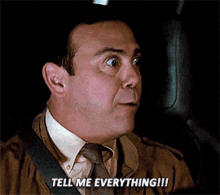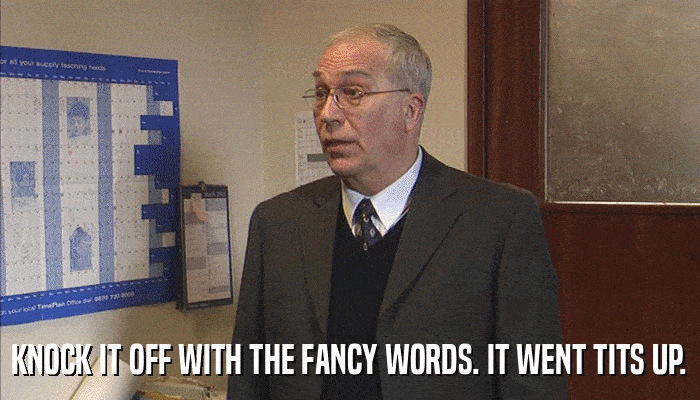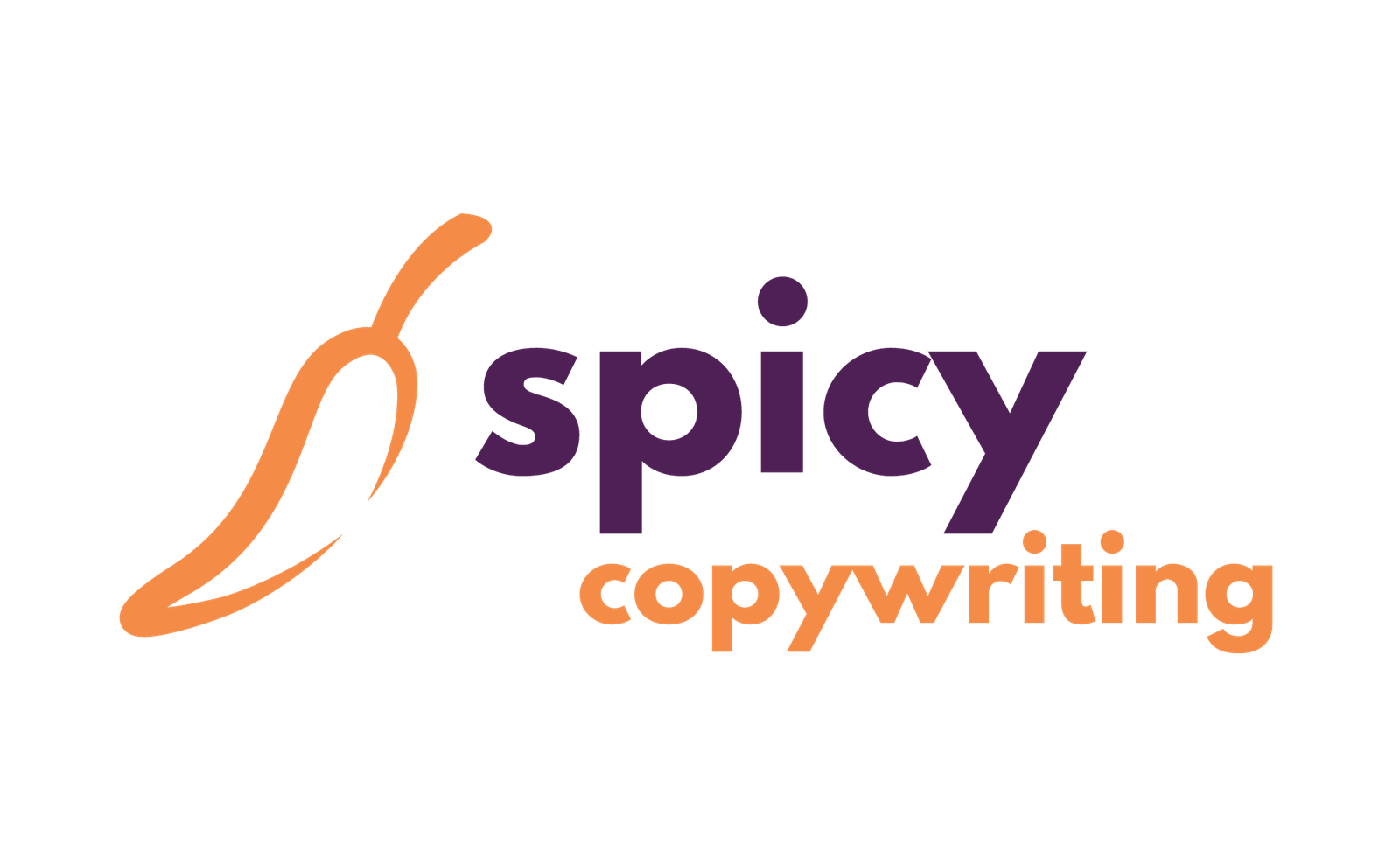I’ve not been freelancing that long in the grand scheme of things, but I’ve got enough projects under my belt and worked with enough different folks to be able to do a bit of reflection. Some projects have gone well, some not so well. There are plenty of reasons why some missed the mark, and often my own shortcomings were to blame. But those that did go well all had one thing in common – the clients were on top of their game.
I’ve been thinking about some of my more successful projects, and the clients I’ve enjoyed working with the most. I wanted to identify some things they all have in common that make it more likely a copy project will succeed. Here are some of the biggies…
Don’t play it coy
There’s no such thing as oversharing when it comes to copy briefs. Tell us everything about your market, customers, products, business background and so on. Copywriters worth their salt will leave no stone unturned, but it makes the whole process better, quicker and easier if you turn a few over for us. It might seem unnecessary to you, but a copywriter will connect the dots in ways you won’t have noticed.

Many copywriters have templates or questionnaires that can support your development of a brief, so don’t worry if you’re not 100% sure about it.
Be there for us…
I don’t mean offer your shoulder to cry on when life gets tough. I mean there will be times when your copywriter needs you to clarify a technical bit of information or pass judgement on a wild idea that’s invaded their brain. So it pays to be available. If you can be on hand to bounce around ideas and answer questions, the end result will be more effective.
Copywriting and creative marketing are not like accounts, where you can just hand over your receipts and say, “Sort that out” (unless you’re cooking your books, in which case you probably need a more in-depth chat with your accountant). It’s rather less black and white than other professional services, thus needs a bit more collaboration.
But give us space
When you hire a freelance copywriter, you’re paying for marketing messages that connect with your audience and drive growth for your business. You’re paying for an outcome.
Every freelance copywriter will deliver that outcome in their own way. Whether they get up at 6am and work for six hours solid or do their best work at 9pm after the kids are in bed is really none of your business. The best clients respect this and give us the space to do our thing. While also being available. Yes I know it’s a fine balance.
Have the infrastructure in place
Getting a piece of creative marketing created is only half the job. You’ve got to get it published. And that means you’ve got to have the systems and resources in place to do so. I’m surprised how often clients haven’t had these things in place before hiring a copywriter, and it’s delayed and almost derailed projects in the past.
Want to start making money from your audience through email marketing? Make sure your email platform is set up properly first.
Want your website rewritten to increase customer conversions? Make sure you can access it. I’ve seen it several times where a client changes the company that manages their website but the old company still host it, so they can’t go in and make changes.
Want to up your social game with outstanding content? Make sure you’ve got plenty of high-quality, original pics and videos to accompany the copy, and a scheduling platform if you’ve got several channels.
Some copywriters (like me) will do some of the technical bits and pieces like scheduling your emails and uploading copy to your website. But not all do, so make sure you clarify this when you speak to a copywriter.
Respect our expertise
The best clients know powerful marketing messages are not about impeccable grammar, corporate buzzwords and fancy formality. It’s about striking chords and touching nerves. It’s about surprising people with new ideas and using language in ways that resonate with your audience.
You might use all kinds of jargon and techy details when talking with your staff and fellow specialists. But they’d be lost on your audience. Our job as copywriters is to translate that into their language, which is often simpler, more conversational and relatable. The best clients understand this is not ‘dumbing down’, but crucial for effective communication.

Give feedback properly
If you were in a restaurant and you sent back a meal and just said “I dunno, something’s just not quite right about it,” you wouldn’t get very far. You need to be more specific. Is it too dry, too salty, too many hairs in it etc?
It’s the same with copy. We can’t do much with ‘I’m not really feeling it’. Is it too informal? Did we get the wrong end of the stick about a crucial bit of info? Do we need to choose a different angle? When it comes to feedback, the more specific the better.
When clients explain feedback to copywriters, it stops our overactive inner critic from freaking out over the uncertainty. It also means we get a better understanding and respond quicker and more effectively.
Smile – it might never happen
“You can get delirious if you take life too serious.”
No, this juicy morsel of wisdom didn’t come from Socrates. It came from the great philosopher of the Noughties, Chico Slimani, is his generational classic, It’s Chico Time.
Now of course, your business is important. Nobody’s suggesting we give it any less attention than it deserves. But we don’t need to be stiff or beige.
A bit of joie de vivre can benefit your business. I’ve seen clients use fantasy movie characters to categorise the different segments of their audience, or poke fun at their staff members on social media. They were great fun to work with. They were also some of the most professional people I’ve ever met.
Pay on time
No explanation needed. Of all the great clients I thought about when writing this blog, I’ve never had to chase any of them for an invoice. Some even paid upfront before I sent them an invoice.
I could go on, but I’ll leave it there because we’ve all got things to do. If you’ve got a couple of minutes, I’d love to hear your thoughts on this.
If you hire freelancers, what are the biggest things you do to get the most out of your investment? And what are the qualities you most value in a freelancer?
If you’re a freelancer yourself, what do your clients do to help things go more smoothly? Anything I’ve missed? Let me know.
